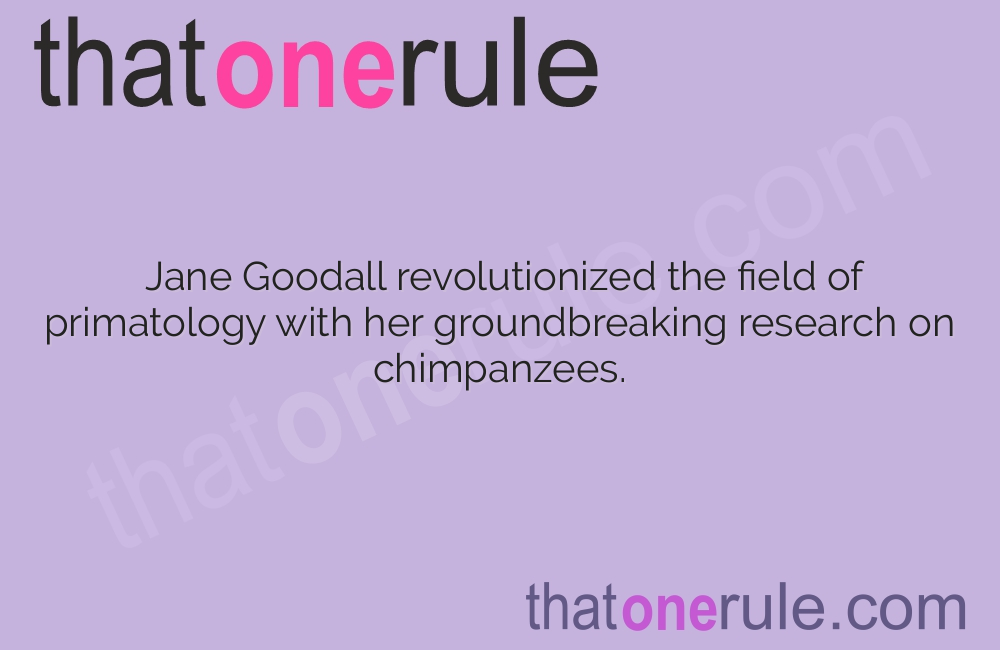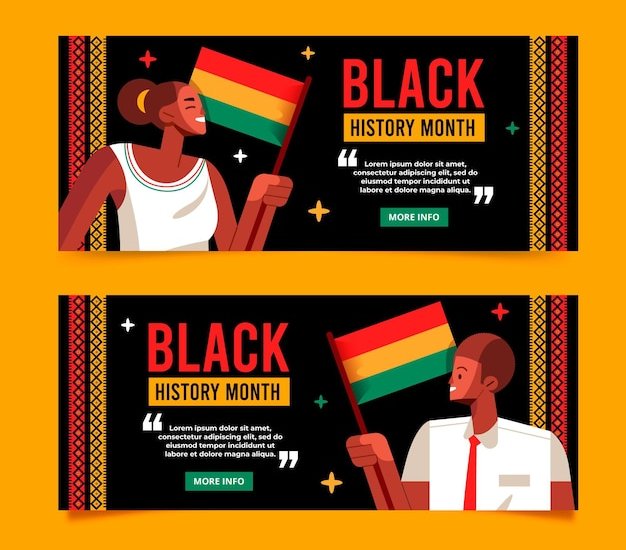Fascinating Facts about Jane Goodall

Jane Goodall revolutionized the field of primatology with her groundbreaking research on chimpanzees.
Armed with only a notebook and binoculars, Goodall observed chimpanzees in their natural habitat for over 55 years.
Goodall’s research showed that chimpanzees are capable of using tools, challenging the notion that humans are the only tool-making species.
She discovered that chimpanzees have complex social structures and emotions, much like humans.
Goodall’s work paved the way for greater understanding and conservation efforts for not only chimpanzees but for all primates.
Jane Goodall is an advocate for animal rights and ethical treatment of all living beings.
She established the Jane Goodall Institute to promote conservation, environmental education, and sustainable development.
Goodall’s research helped shed light on the risk of extinction faced by many primate species due to habitat loss and poaching.
She has dedicated her life to advocating for chimpanzees and their protection in the wild.
Goodall has authored numerous books, sharing her wealth of knowledge and experiences with the world.
She has received countless awards and honors for her contributions to science and conservation.
Jane Goodall’s research dispelled myths about chimpanzees and primates, contributing to a greater understanding of our own evolutionary history.
She continues to inspire future generations with her passion and dedication to preserving our natural world.
Fascinating Facts about Jane Goodall part 2
Goodall spends over 300 days each year traveling and advocating for environmental conservation.
She has been a vocal critic of invasive research methods on primates, working to establish stricter ethical guidelines in the scientific community.
Goodall believes that every individual can make a difference in protecting the environment and creating a better world for all living beings.
Despite facing criticism and skepticism early in her career, Goodall persevered and became one of the most influential voices in the field of conservation.
She has witnessed firsthand the devastating effects of deforestation and climate change on primate populations.
Goodall’s research has contributed to the development of more sustainable practices in the agriculture and logging industries.
She has spoken out against the illegal wildlife trade, actively working to combat poaching and trafficking.
Goodall’s work has led to the establishment of protected areas and conservation programs throughout Africa.
She has collaborated with local communities and indigenous groups to develop sustainable livelihoods that do not harm the environment.
Jane Goodall’s tireless efforts have inspired a global movement of conservationists and activists dedicated to preserving biodiversity.
She is passionate about youth empowerment and encourages young people to take action in creating a sustainable future.
Goodall believes that fostering empathy and compassion towards all living beings is crucial for the preservation of our planet.
She has been a vocal advocate against the use of animals in entertainment, particularly in circuses and dolphin shows.
Goodall’s research has revealed the complex cognitive abilities of chimpanzees, challenging traditional notions of human exceptionalism.
She has been instrumental in advancing the field of ethology, the study of animal behavior.
Through her Roots & Shoots program, Goodall has empowered young people to initiate environmental projects in their communities.
She is an influential voice in urging governments and corporations to prioritize sustainability in their practices.
Goodall’s work has shown that animals are not mere commodities, but sentient beings deserving of respect and protection.
She has been actively involved in wildlife rehabilitation efforts, working to release animals back into their natural habitats.
We owe a debt of gratitude to Jane Goodall for her invaluable contributions to our understanding of chimpanzees and the natural world.
She continues to conduct research and fieldwork, constantly expanding our knowledge of primate behavior and conservation.
Goodall’s legacy is not only in her scientific contributions but also in her tireless advocacy for a more compassionate and sustainable world.
She has been a source of inspiration for women in science, proving that gender is not a barrier to success in the field.
Goodall’s research has highlighted the importance of preserving intact ecosystems to protect biodiversity.
She has raised awareness about the critical role that forests play in stabilizing the climate and providing habitat for countless species.
Jane Goodall’s love and respect for animals have touched the hearts of millions around the world.
She has worked closely with local communities to develop ecotourism initiatives that promote conservation and sustainable livelihoods.
Goodall’s work has become a cornerstone in primatology and conservation biology courses at universities worldwide.
She has been an advocate for the protection of great apes, calling for an end to the bushmeat trade and habitat destruction.
Jane Goodall’s contributions to science and conservation have earned her the respect and admiration of experts in various fields.
She has dedicated her life to preserving the fragile balance of ecosystems and inspiring others to do the same.
Goodall has remained steadfast in her mission to create a better world for animals, humanity, and the planet as a whole.

